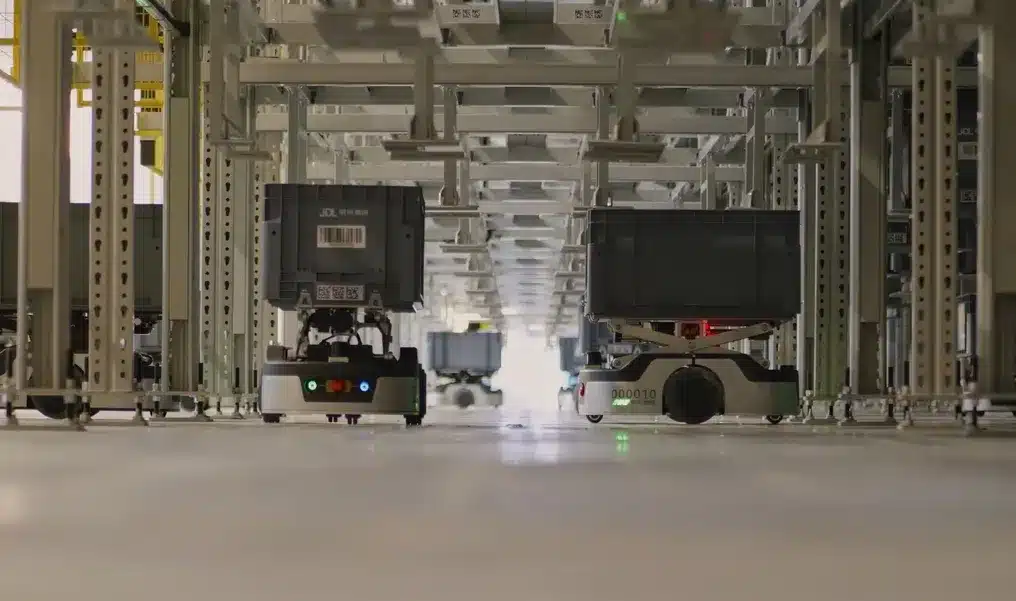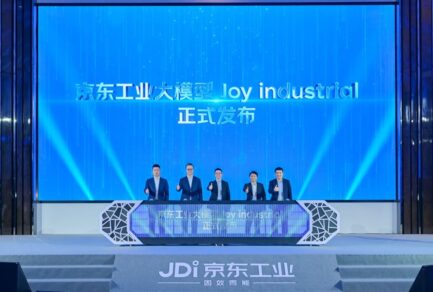Dec 2, 2020|
Dr. Yu Zheng of JDT Selected as IEEE Fellow
by Kelly Dawson
Dr. Yu Zheng, Chief Data Scientist of JD Technology and president of JD’s Intelligent Cities Business, who pioneered the concept of urban computing, has been named fellow of Institute of Electrical and Electronics Engineers (IEEE) , an elite distinction awarded in recognition of a high level of achievement.

Zheng’s IEEE Fellow distinction follows a long list of other awards, including the ACM SIGSPATIAL 10-Year Impact Award for his achievements in the field of spatio-temporal data. He was the first person to receive the award two years in a row, in 2019 and 2020.
Zheng was also named an Outstanding Young Innovator (TR35) by MIT Technology Review, as one of 35 top scientists under the age of 35 at the time. Past winners of the award have included Facebook founder Mark Zuckerberg; Yahoo founder Jerry Yang; and Larry Page, co-founder of Google.
More recently Zheng was named to the AI 2000 World’s Most Influential Scholars list, which is conferred in recognition of outstanding technical achievements with lasting contribution and impact.
For Zheng, technology has one purpose: to benefit society. As his achievements have grown, this philosophy has remained a constant through line. Again and again, he has applied his efforts and intelligence to solving problems that directly affect people.
Zheng’s approach was already evident when he worked for Microsoft’s team in Beijing in 2006. During his early months in the city, he encountered a problem common to commuters in the sprawling city: traffic congestion. He got to work, developing an algorithm based on both the real-world experience of taxi drivers and GPS data insights. The technology was ultimately applied in Microsoft’s Bing Maps app, and is estimated to have reduced driving time by an average of 20%.
Zheng didn’t stop there: He then analyzed why the congestion was happening at all, and determined that massive improvements could be made to public transportation infrastructure. He also recommended areas in which expansion of public hospitals and schools would reduce the need for car traffic. His research led to the launch of his first urban computing project, “T-Drive,” a smart driving navigation service.
More recently, Zheng oversaw the construction of an intelligent city operating system in Jiangsu’s Nantong city, which boasts China’s first modern command center. This command center can realize digital city management, enabling precise transportation forecasting, intelligent monitoring for hazardous chemicals, monitoring of environmental and air conditions, and more. The system integrates information from different departments across the city, and flags abnormal dips or rises in data, automatically notifying local departments with instructions on management.
One example is the system’s integrated CCTV monitoring rivers and sluice gates across Nantong, which will notify relevant departments and deploy personnel in the case of rising water levels that may signal impending flooding. Since the launch of the system in September, it has already issued hundreds of abnormal situation warnings across different departments.
At the time of the launch in Nantong, Zheng said, “This command center project represents real application for JDD’s AI and big data-based city governance system. It is not aimed at solving problems for a single department, but rather an innovation application to solve cross-department challenges.”
In addition to his work at JD Technology, Zheng has published more than 100 research papers in respected international publications. Five of his research papers have won “Best paper” awards at international conferences; and his papers have been cited more than 31,000 times, according to Google’s Scholar Index, which also ranked Zheng first in the world for topics related to urban computing.




 JD Launches the First 5G Smart Phones for Elders
JD Launches the First 5G Smart Phones for Elders



